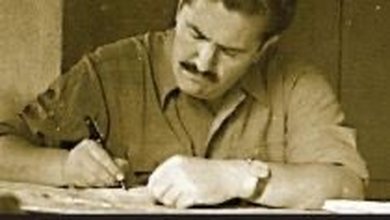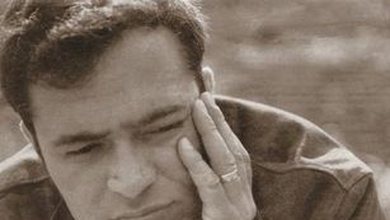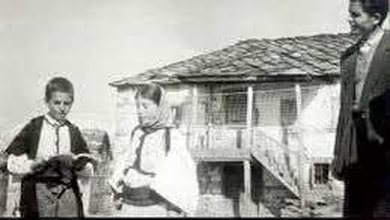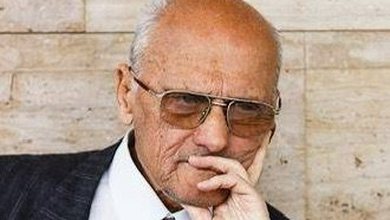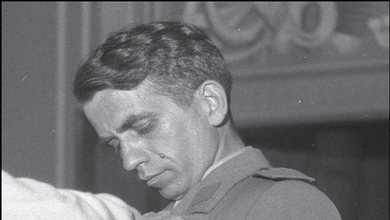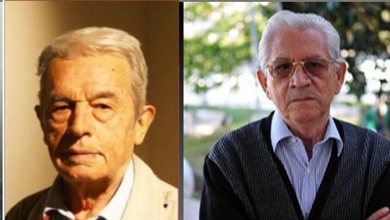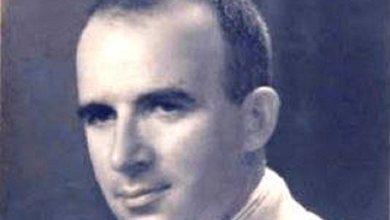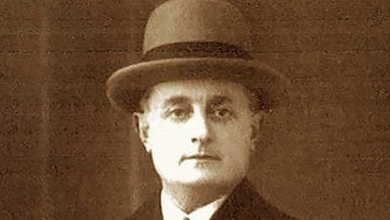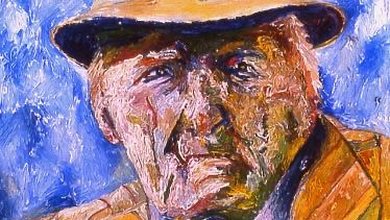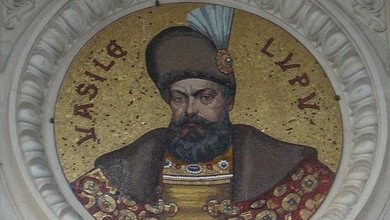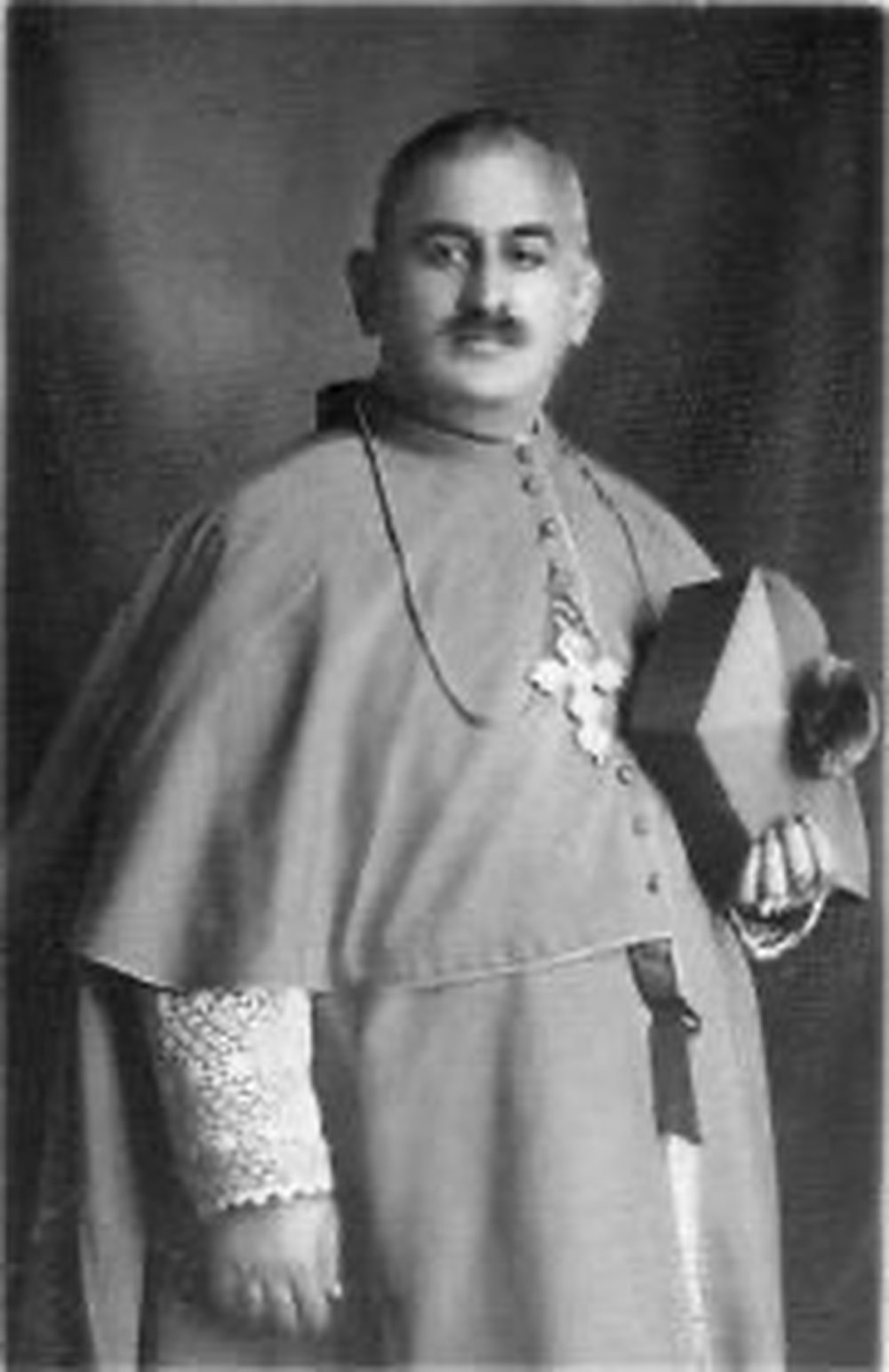
Vincenc Prennushi (1885–1949) was one of the most prominent figures of culture and religion in Albania – a Franciscan cleric, poet, publicist, translator, scholar and collector of folklore. He was born in Shkodër on September 4, 1885, with the name Kolë, and at the age of 15 he entered the city’s Franciscan convent. He completed his studies in Tyrol, Austria, where he was ordained a priest in 1908 and took the name Vincenc.
Known for his mastery of many European languages and cultures, he published the poetry collection “Gjeth e Lule” (1924), became the editor of publications such as “Hylli i Dritës”, “Lajmtari i Zemrës së Krishtës” and “Zani i Shna Ndout” and translated prominent authors, including Henryk Sienkiewicz’s novel “Quo Vadis?”. Prennushi collected and published folk songs from northern Albania, contributing to the preservation of oral heritage.
In 1940 he was appointed Archbishop of Durrës, one of the highest positions in the Albanian Catholic Church. Although he was not politically active, after the establishment of the communist regime he was arrested in 1947 on charges of “connections with foreign agents and reactionary clergy” and sentenced by a military court to 20 years in prison and hard labor.
In Durrës prison, Monsignor Prennushi was subjected to inhuman torture, despite his age and health problems. The writer Arshi Pipa, his fellow sufferer, described him as a gentle, calm and devout man, far from political interests, but unwavering in his positions. Pipa recounts seeing him tied up and hanging in the toilet by the Sigurimi, a scene that remained vivid in his memory for the rest of his life as a symbol of communist cruelty and spiritual resistance.
On March 19, 1949, suffering from heart disease and asthma, Prennushi passed away in the prison hospital. Arshi Pipa remembers closing his tired eyes after suffering, seeing an unusual glow on his face, a sign of the peace that followed the ordeal.
Honored by all, regardless of religion – Muslims called him “melek” (angel) – Vinçenc Prennushi embodied devotion to religion, homeland and national culture. On November 5, 2016, he was beatified by the Catholic Church in Shkodra, along with 37 other martyrs of communism, as a testament to their resistance and ideals.
His figure remains a symbol of national pride and human virtues, proving that, even in the darkness of violence and oppression, the ideal of homeland, freedom, and love of neighbor cannot be extinguished.


